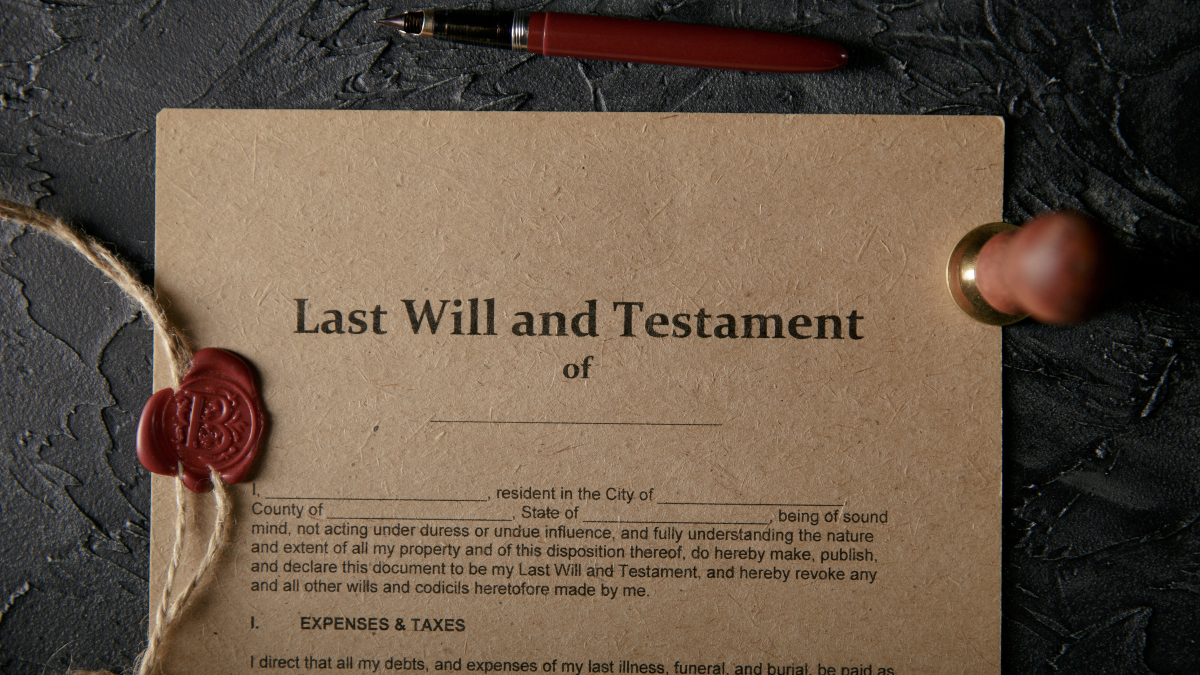
Estate planning involves setting up a management structure that you or your dependents will use to manage your asset base in case you become incapacitated or you die. The planning could involve delegating your assets to your heirs. The process could also involve settling estate taxes. To legitimize your estate plan, you always need help from an estate attorney. Estate planning is equally important to you as planning to buy a car. It involves deciding whom to inherit your assets when you die. Want to know more? Start by asking yourself; Why is estate planning help, and how can you do it too?
Make a Will
The first step to setting up an estate plan is establishing a will. Your will clearly reveals who you want to inherit your property after you die. Going by the information at https://www.cpllawfirm.com/estate-planning-lawyer/, you must involve an estate planning attorney to help you with this process. The attorney will guide you on how to include the names of your dependents. Your lawyer can also advise you on the importance of a guardian to attend to your children should you and your spouse die.
A will is an important part of your estate plan. An estate plan can protect your dependents when you are long gone. Your will outlines how many shares of your property you want specific dependents to receive. Dying without a will can be detrimental. Your family members may fight over your property. Somebody whom you don’t want to enjoy a bigger share of your property can also enjoy it. After all, you’ll not be there to supervise who gets what.
Without a will, the courts decide who takes your property. This process is long and tedious. So, you must avoid it. Work with an estate planning lawyer at this stage. The lawyer can advise you on the relevance of a trust. A trust can reduce the hassle your heirs will have to go through to get their fair shares. A will also outlines who will make decisions regarding your assets. It can protect your children from potential harassment by relatives in your absence.
Make Declarations
Once you have established a will, you can make some healthcare declarations. Indicate what should happen and who should make decisions should you become incapacitated. You can have a living will or opt for a power of attorney for your health care. This will give your preferred dependent the power to make decisions when you cannot make them. Some states also allow individuals to combine both documents to have a single advanced health care directive.
Declare Your Financial Power of Attorney
You need a power of attorney for your finances. This person will be responsible for all your finances. Ensure you choose a person you totally trust. You wouldn’t want someone to play around with your money when you die or become incapacitated to make financial decisions.
The decision will help you if you are still alive. It can help protect the property of your children. Minors may not adequately manage finances, so do this for them. You can choose your children’s guardians to be your financial agent.
File the Relevant Beneficiary Forms
After you’ve given your powers of attorney for your health and finances, you should list down all your beneficiaries. Attach beneficiaries to your retirement plans and bank accounts. Make your account automatically payable on death to enable your beneficiaries to withdraw money without undergoing probate processes. Check whether your state of residence allows you to attach beneficiaries to your bonds, brokerage, or stock accounts. This way, your beneficiaries can also enjoy money from these specific accounts when you die.
Choose Life Insurance
You’ve already covered the most crucial of estate planning. Considering life insurance can help you protect your estate plan. This can be important when you have a house, young children, or estate tax and debts. It can protect your beneficiaries against paying for these pending debts when you will be dead. You must understand the applicable estate taxes of your state to get this right.
Estate planning is very crucial. It can protect your assets when you die. It can also protect your dependents and loved ones after your death. Start the estate planning process by assessing the value of your wealth. Seek help from an estate planning lawyer to help you create a will. Make all the relevant declarations as your attorney shall recommend.
The power of attorneys for your finances and health can also help you should you be unable to make decisions regarding these crucial aspects. Choose beneficiaries for all your accounts and consider life insurance to shield your assets against lawsuits.




